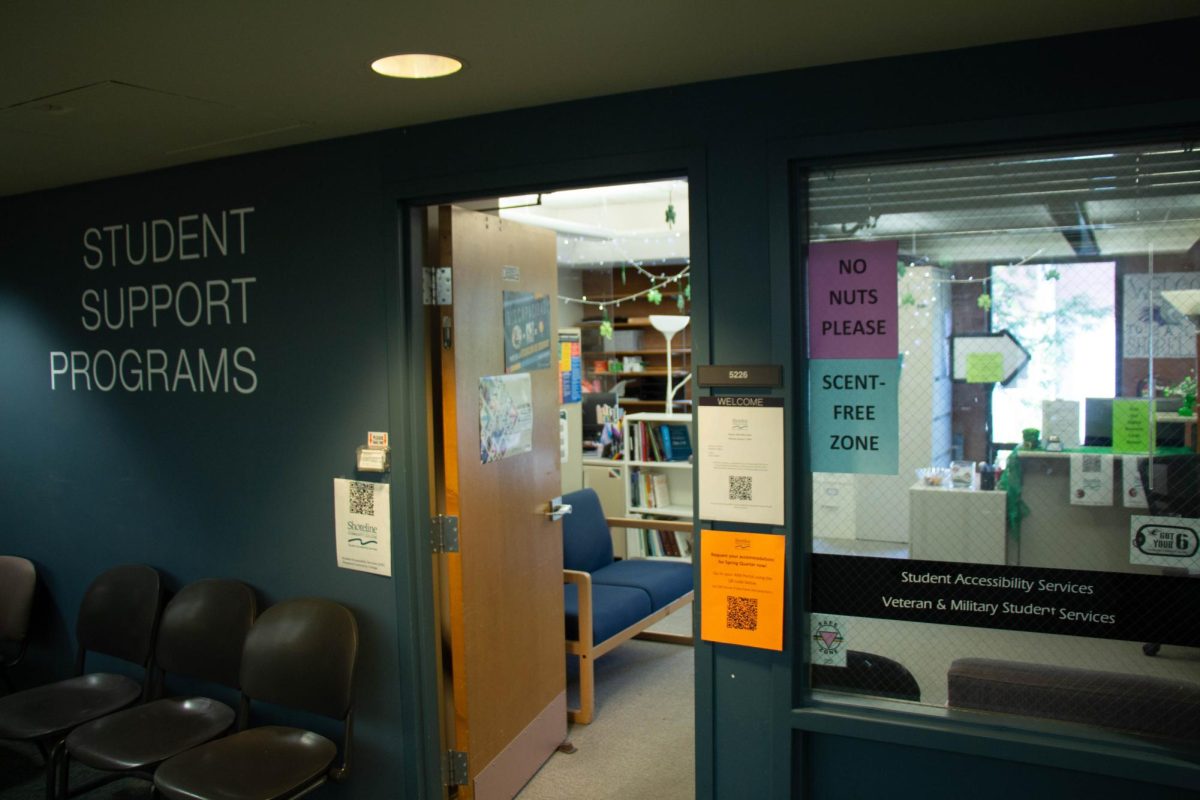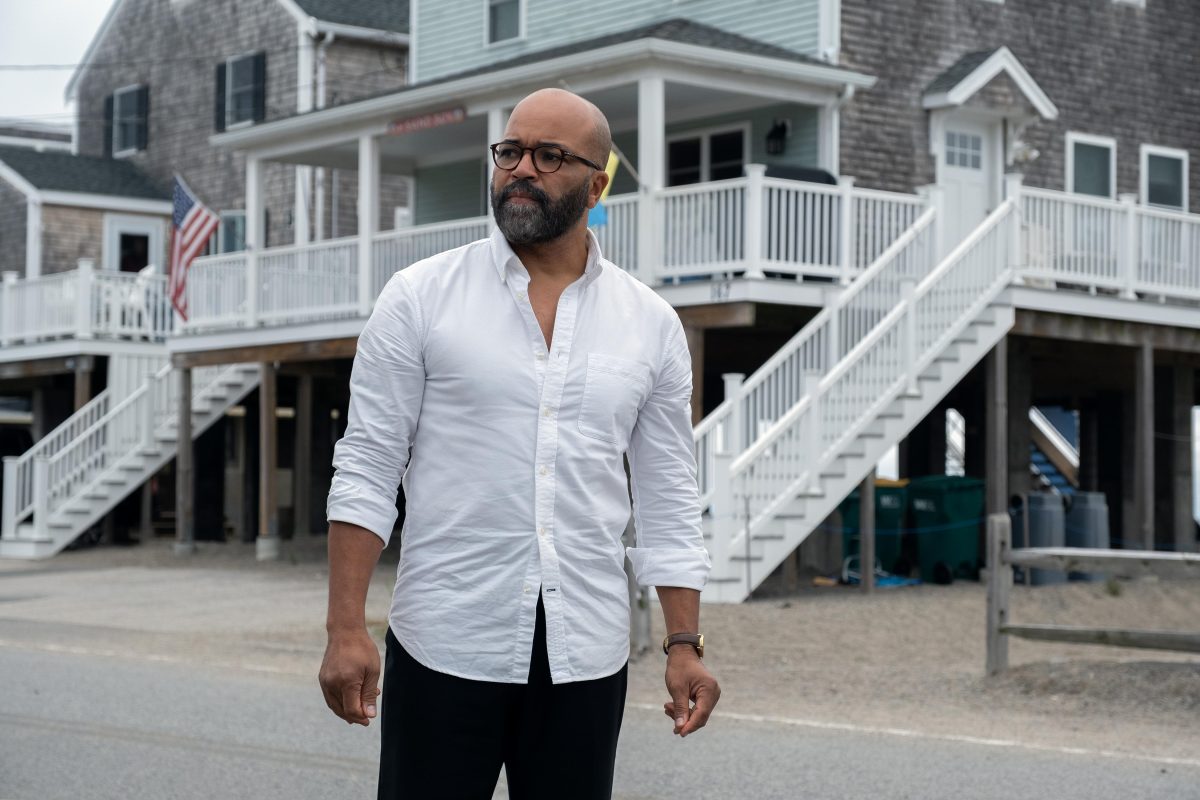Since January, there have been 30 reports of sexual misconduct at SCC.
At SCC, unwanted sexual conduct is never condoned.
Washington’s public two-and four-year schools are amending their student policies “to be more in alignment (with each other) so the student gets a more consistent experience,” according to Derek Levy, SCC’s acting associate dean of Student Support Programs. By regulating the same conduct policies in every public college, students will know the rules are similar, if not the same, if they choose to transfer from SCC to any other public Washington college or university.
Though Levy said it’s still in-process; SCC’s original policy was established in 1968, four years after the school was built.
“It had not been touched in a long, long time,” Levy said.
There was a recommendation for a revision in 2015, but the process of editing and revising every single procedure was not finished until late 2017.
For example, the smoking regulations are tighter on campus since marijuana has been legalized. Since the school is federally funded, it’s a federal offense to bring the drug on campus.
Going hand in hand with the new student conduct policy is the Title IX policy.
Title IX requires gender equity at a college that in education programs such as federally funded sports and activities, as well as prohibiting any type of sexual harassment or violence, which includes rape, unwanted sexual contact, stalking and domestic violence.
Mariko Kakiuchi, SCC’s Title IX coordinator and director of the Youth Reengagement Program, has been the coordinator since January 2017. Kakiuchi handles all issues that break Title IX’s policies.
Every complainant and discriminator is subject to equal, fair treatment, according to the SCC Title IX Rights packet. SCC’s Title IX regulations were revised in September 2014.
Both parties are notified when the investigation begins and of the outcome of the complaint. They are also given the opportunity to appeal their case. Levy said that these rights are part of two base rules that also apply to the student conduct policy.
“We don’t take action without their permission.” – Mariko Kakiuchi, Title IX Coordinator and Director of Youth Engagement
The first rule is that both complainant and perpetrator must receive real-time, same-day information on the investigation. The second requires that they are both able to appeal their cases. This is true in both the student and sexual conduct policy manuals. The “Grievance Procedure” section of the Title IX manual states that “any complaints filed against a coordinator should be taken up with the president for referral to an alternative designee.”
SCC’s coordinator, Kakiuchi, along with deputies Lianna Al Mughirah and Steve Eskridge, must accept every complaint and referral from every person who sets foot on campus, visitors included. A complaint can be issued either orally or in writing and timely reporting is encouraged.
When making a report, privacy and confidentiality are some of the primary concerns. According to SCC’s grievance procedures, maintaining full disclosure may limit the investigation. Numerous factors that limit confidentiality are the seriousness of the act, age of the complainant, use of weaponry, history and evidence. If the complainant’s request for anonymity cannot be honored, the coordinator will only disclose the complainant’s name when absolutely necessary.
The grievance procedures are located underneath the information about Title IX on SCC’s website. The addition of the two base rules stated by Levy are the most recent changes to both conduct regulations.
Kakiuchi said there are mandated reporters on campus who are required to inform her department regarding any violations of the Title IX code. Any individual on campus who has been victim to sexual harm or misconduct should know they are supported and that the cases will always be researched confidentially, if an individual decides to take the case any further. “We don’t take action without their permission,” Kakiuchi said.
By placing a firmer grip on students’ rights, both the revised conduct and the Title IX policies emphasize enhancing students’ experience and safety on every Washington public campus. Both the student and sexual conduct procedures are becoming more influenced by the individual student’s need for protection and safety on-campus.
Students are protected under federal law. Title IX protects our rights while the student conduct policies enhance the safety andrichness of the educational environment. Each set of sexual and student policies provides equality in education and employment without any discrimination or harassment.
Without either one going hand in hand, there would be an imperfect balance.













